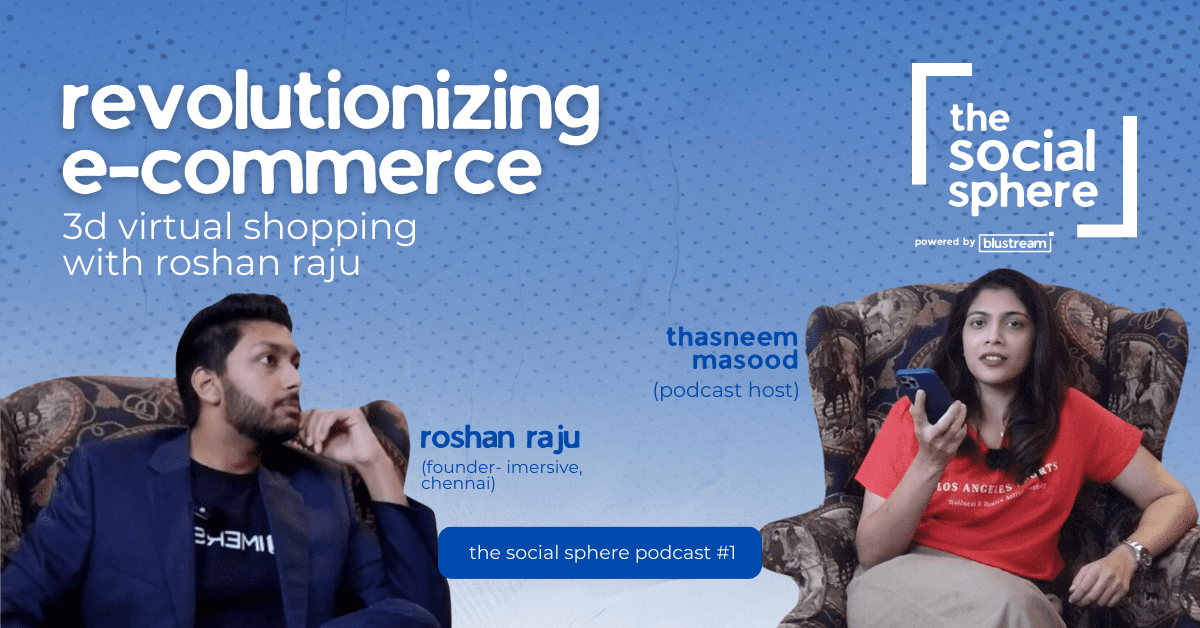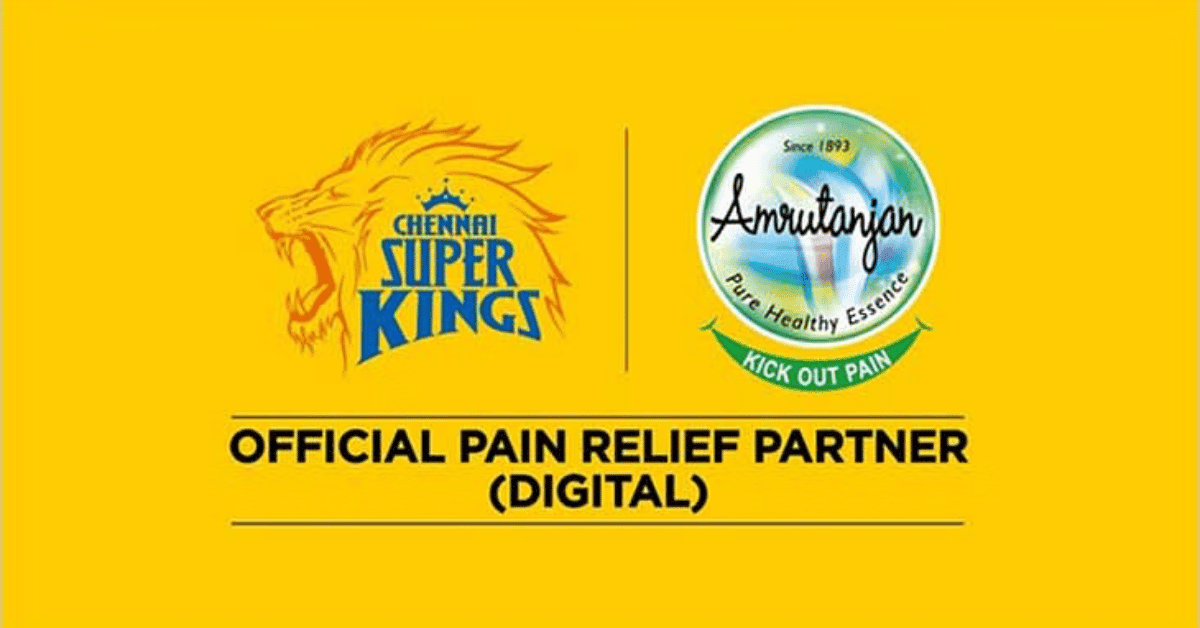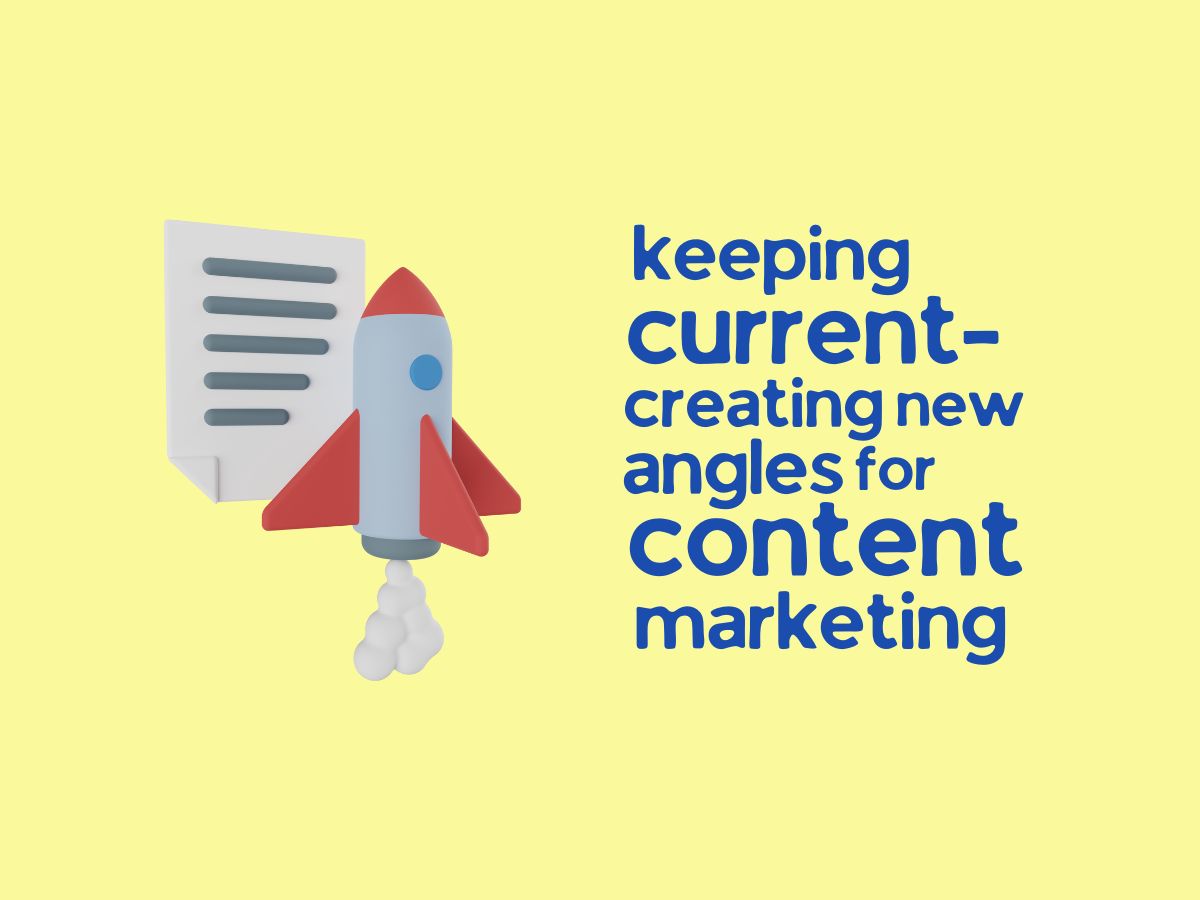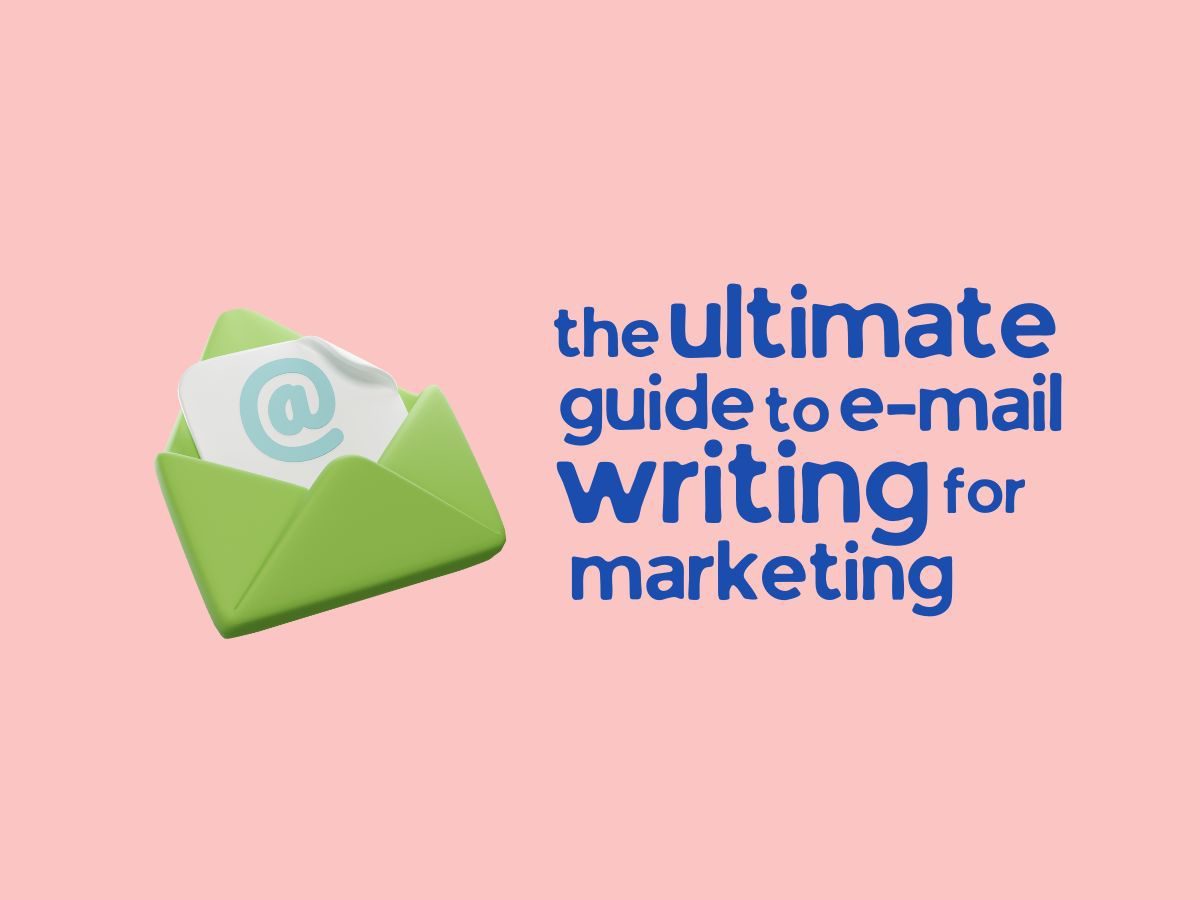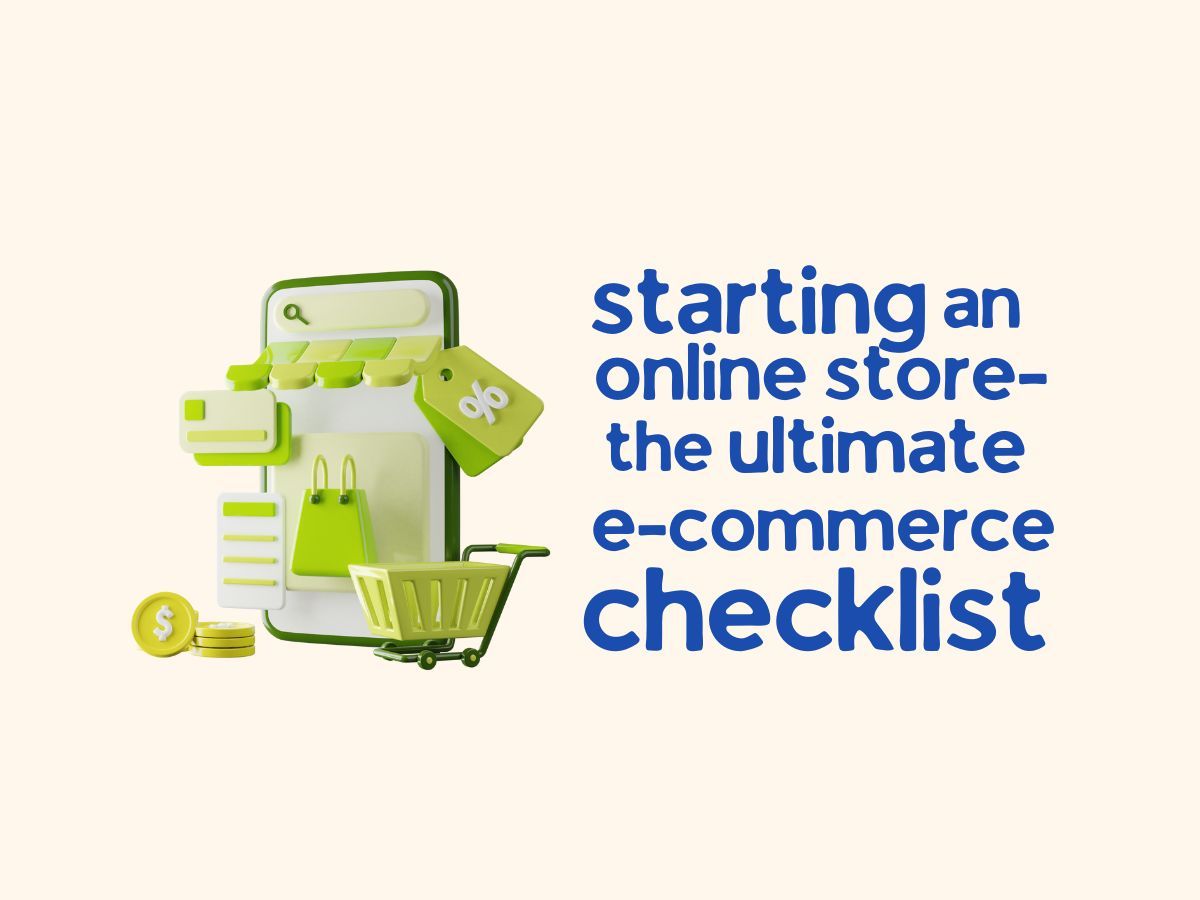How does Influencer Marketing play a pivotal role in FMCG Businesses
Consumer markets are meant for final consumption. In the consumer market, companies try to identify and meet the needs of the consumer through their product and service offerings. Additionally, they try to position the products in the consumers’ minds for better awareness and purchases. Fast-moving consumer goods or consumer packaged goods are one classification of the consumer market. Some of the best-known FMCG companies are Unilever, P&G, Coca-Cola, Pepsi, Nestle, Johnson & Johnson, and so on. These goods generally include a wide variety of frequently purchased products such as toothpaste, shampoo, soap, cosmetics, hair oil, and detergents, as well as other non-durables just plastic goods, LED bulbs, paper & stationery, and glassware. It may also include chocolates, pharmaceuticals, packaged food products, and soft drinks. The distinctive feature of these products is that they need to be immediately consumed. These fast-moving consumer goods are of low unit value with high volume potential. As the product may be consumed once, it may require frequent purchase. These goods have faster access to field data. They have the ability to customize raports structure and format. It helps in making cumulative profits, and so in diversification.
What is the role of influencer marketing in assisting FMCG brands to achieve credibility?
FMCG companies are a big part of the consumer’s life. Therefore big exposure is a challenge for the brands, especially in the digital space, when they share their commitment to bigger calls such as sustainability or social impact. These brands have two challenges in two ways. First, if you are a fast consumer goods brand, which is one of the biggest ones, and you are competing with the other great brands, differentiating among them is a challenge for marketers. Because all of them are raising their voices. Another issue is that of credibility. Being a big corporation, it is more difficult to gain credibility, because you are not only having a local impact but you have a global impact too. The consumer nowadays is more informed than ever before in terms of social causes, impacts, etc. So in order to communicate to the customers, the purpose and the standard the brand is taking on social causes, in an authentic and informative way, the brands need to work on maintaining consistency.
The power of the voice of influencer marketing in the FMCG business was highly remarkable during the pandemic situation. Since the pandemic situation started, more FMCG brands have moved to social media heavily. The role of influencers is to achieve capillarity, as with them, you can reach out to a lot of audiences from different nationalities, and different topics of interest. The most important thing about influencers is feedback. They also allow you to commit people to your business’s purpose. Once they do this they can also pass the message to their followers, which will make their followers feel it more genuinely. Therefore it is pretty clear that influencer marketing and FMCG business work as a power couple.
FMCG products which are based on monthly or weekly purchases are sold at low cost. Their purchase usually takes place in stores. But with the pandemic situation, everything changed online to the digital space. In this situation, social media influences provide the perfect assistance for consumers to find their necessary products. As a result of this, FMCG brands have increased their total marketing budget on such content creators. This is all because word of mouth is the most valuable marketing strategy that can be applied to any business.
Benefits of having influencer marketing strategy applied in FMCG business
- Gives credibility and builds trust
Social media marketing or influencer marketing provides the best option for the marketing of FMCG products which were, before the pandemic, purchased in-store. In the times when consumers were apprehensive to go to physical stores, online stores have helped a lot. With the help of influencers, the FMCG brands were able to reach out to their audience, build more credibility and thereby create a successful trusted relationship between the consumers and the business.
- Increased ECommerce sales
Any brand in order to gain more acceptance and wide reach needs to be active on social media platforms to create engaging, and active online audiences. This was crucial, especially during the pandemic situation. With the promotion from content creators, the FMCG brands began to create and grow their online presence which in turn helped in increasing E-Commerce sales.
- Helps to keep pace with the digital age
Many brands have continued with in-store purchases for years. With influencer marketing and the subsequent growth that happened with regard to eCommerce sales and great profits, the brands had also undergone a great transformation financially and also in the digital space. It has created an impact on digital transformation.
FMCG companies are fastest selling companies. These goods sell quickly and they have a short shelf life. They are highly demanded by consumers and they are of different kinds. There are many pros of FMCG but on the other hand, there are also some constants relating to this. Many big companies are producing FMCG products. Furthermore, they are highly affected by the COVID-19 pandemic. People are not allowed to come out of their homes which reduces their buying capacity. Some people did hoarding of products which could result in high demand and high prices for the products. So in short, influencer marketing has played a crucial role in the growth of FMCG businesses.






